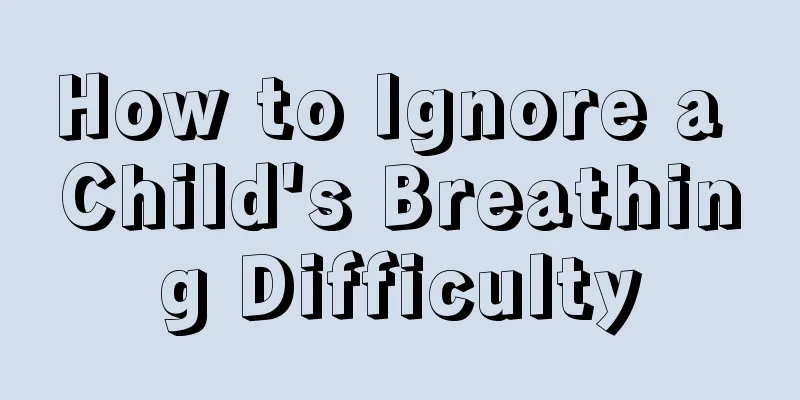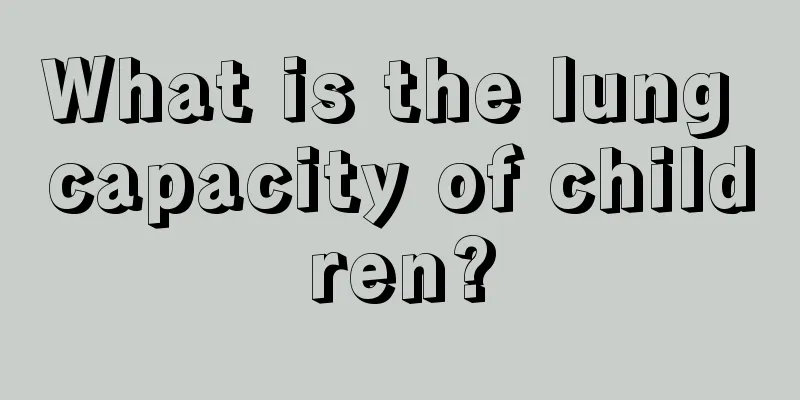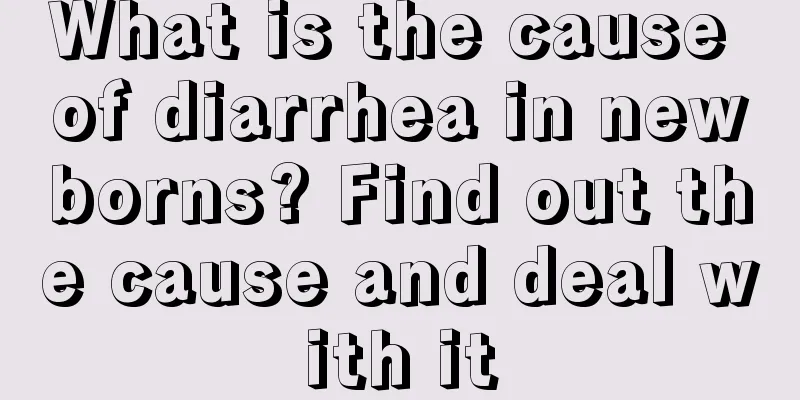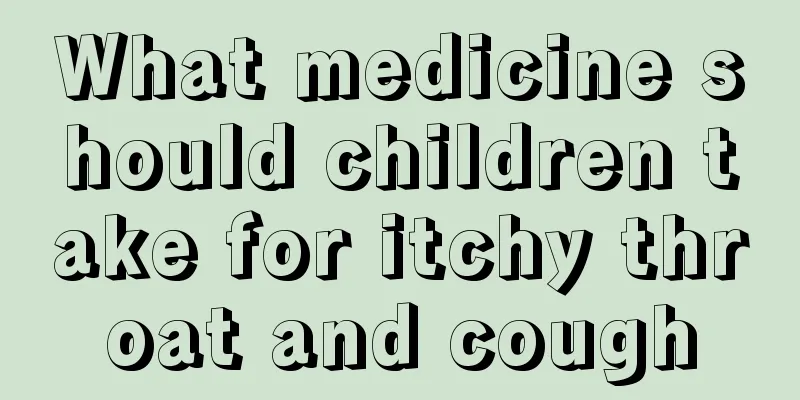Baby's pharyngitis has repeated fever

|
The health of the baby is the most basic wish of every parent. No one wants the child to suffer from the disease at such a young age. However, the younger the child is, the weaker the body resistance is. In particular, the child is prone to colds and fevers. Once the fever occurs, the throat will inevitably be inflamed. So what can parents do to help their children cure the disease? How should parents take care of babies with repeated pharyngitis and fever? Fever is a clinical symptom caused by potential infection or inflammation in the body. The cause can be mild or severe. If there are no other symptoms, it may simply be an imbalance in the body's temperature control center. But severe cases may be life-threatening. Especially if there are symptoms other than fever, it may be the cause of the disease and should not be ignored. 10 possible reasons: 1. Colds, whether common colds or influenza, are the most common diseases in babies. Both bacterial and viral infections are possible. 2. Inflammation of the ear, nose and throat. Problems with the ear, nose and throat usually cause inflammation, so there will be redness and swelling. It is a viral infection. Symptoms vary, common ones include fever, cough, runny nose, red and swollen throat (babies are usually unwilling to eat), etc. 3. Roseola, named after the roseola virus infection. Babies around 1 year old are most likely to get it. The typical symptoms are unexplained high fever (above 39°C) that lasts about 3 to 4 days, followed by a rash (the fever will subside at this time). The rash usually disappears slowly without leaving any scars or other complications, so parents do not need to worry. 4. Vaccinations. Many babies have mild fever due to vaccinations, but more obvious fever usually occurs after the injection of "diphtheria, whooping cough, and tetanus" vaccines. 5. Sepsis, which is a disease in which bacteria invade the blood. 6. Urinary tract infection is more common in boys and girls under 1 year old. For baby girls, it is usually caused by feces or diapers; for baby boys, it is caused by bladder and ureteral reflux. 7. Encephalitis and meningitis are common in babies between 6 months and 3 years old. The most typical and threatening symptom is a high fever that can easily reach over 39°C. It is also accompanied by mental fatigue, dull eyes, poor appetite, and even cramps. 8. Fevers caused by wearing too much, teething, and summer heat are usually short-lived and not dangerous, but they are often overlooked by many parents. 9. Gastroenteritis combined with dehydration is divided into two types: bacterial (Salmonella) infection and viral (rotavirus) infection. Symptoms include: vomiting, diarrhea, urinary incontinence, decreased appetite, poor spirits, and fever above 38.5°C (combined with dehydration). 10. Kawasaki disease. Babies aged 1 to 1.5 years are at high risk of this disease, and the cause is still unknown. |
<<: Herpetic pharyngitis in children
>>: How often should newborns be supplemented with cod liver oil?
Recommend
What to do if a one-year-old child has a cough
When it comes to children at home, parents' b...
Is learning abacus good for children?
During the period of growth and development, chil...
How much milk is normal for a one-year-old baby?
When the child reaches one year old, many mothers...
What are the symptoms of cerebral palsy in premature babies?
Premature babies are prone to illness, so they us...
Why are the newborn's legs shaking?
It is quite common for newborns to have trembling...
Why is my baby allergic to ultraviolet rays?
Due to genetic reasons, some babies have allergic...
Is it good to give your baby a bath at night?
There are still many things to pay attention to w...
What to do if your child takes an overdose of medicine
Children have fragile bodies. When a child become...
What is the disease of dry cough and fever in children?
Children will often experience symptoms of dry co...
Aminoterol oral solution for children
When children are young, their resistance is actu...
What are the prevention and control measures for hand, foot and mouth disease?
Hand, foot and mouth disease is a human comorbidi...
Lymphangitis in children causes abdominal pain
Lymph nodes are an important part of the body'...
Baby's front teeth decay at the age of two and a half
In fact, many mothers have a wrong understanding ...
Can anal prolapse cause coughing in children?
Will children's rectal prolapse cause coughin...
What is the correct way to feed your baby?
Many mothers of newborns are inexperienced and do...









